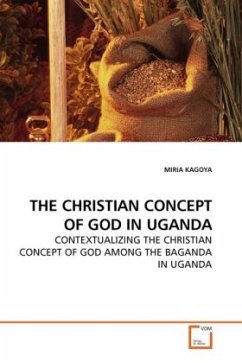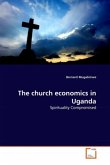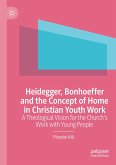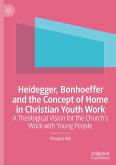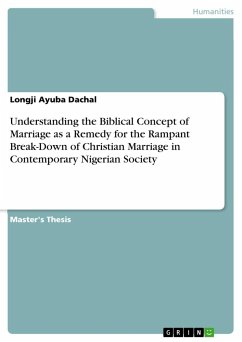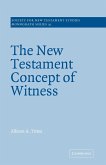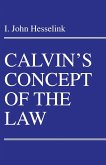Before Christianity was introduced in Uganda, Ugandans had their traditional religion and culture. However, to the missionaries who spread the gospel, the traditional cultures seemed barbaric and heathen. Therefore, those who accepted Christianity had to deal away with their cultures and practices. For instance, they had to use foreign languages, music, instruments and cultures.Is it possible? There has been a growing desire among the Baganda Christians that they should practice Christianity/understand God within their own context and cultures. This is due to the fact that there is a great similarity between the Christian teaching about God and that of the Baganda. However, to the Baganda, they feel the Christian teaching about 'God' is not satisfying them. To the baganda/Ugandans, god/God is always with them, they worship him through everything that is within their reach, yet 'Christianity' seems to be offering one option of worshipping God only in the churches. This book offersguidelines on how Christianity and in particular the concept of God can be understood/practised contextually.
